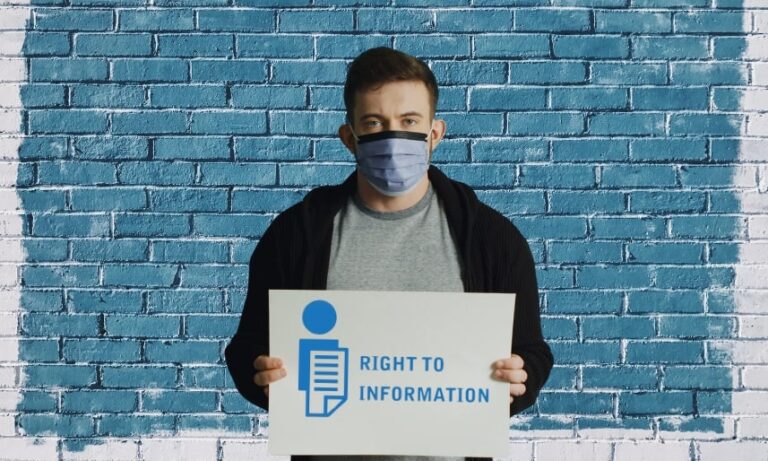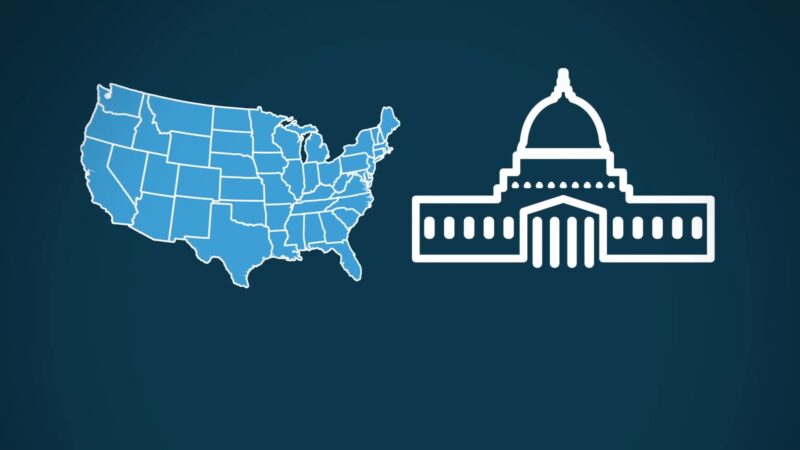In the year 2024, leaders across many governments found themselves facing crucial decisions. Citizens increasingly required solutions to pressing issues delivered swiftly and conveniently.
At the same time, novel technologies and collaborative approaches presented opportunities for strengthening operations. After careful deliberation, it was determined that the transformation of existing methods was prudent – not only to promote efficiency but also to maintain the highest standards of transparency, oversight, and service to all members of the public.
While change inevitably involves risk, commitment to responsible, evidence-based reform offered the potential to both optimize services and safeguard democratic values for generations to come. With shared goals of progress and accountability in mind, plans were instituted for modernizing procedures in a manner respectful of duties to constituents.
The Drive for Efficiency

Public servants explored innovative solutions for expediting assistance to individuals and communities. Through integrating advanced digital systems, it became possible to address requests and issues more quickly and accurately than ever before.
Organizations embraced opportunities to establish modern virtual infrastructure capable of streamlining processes without compromising quality. The goal was to maximize outcomes for those served while retaining conscientious stewardship of funding entrusted by citizens.
Under new standards of diligence, competence and care, people from all walks of life could expect timely, responsive and considerate assistance tailored to their unique needs and circumstances.
Continuous improvement would remain the guiding philosophy, so that each new generation may inherit a democratic system meeting highest expectations for compassion and service.
Strategic Renewal of Operations

Through thoughtful strategizing and inclusive consultation, operations underwent judicious reexamination. Implementation of advanced digital platforms allowed streamlining that elevated quality while maintaining accessibility.
This prudent modernization enhanced citizens’ ability to engage with their governance systems through user-friendly interfaces optimizing convenience, comprehension and participation.
Where previously some members of the public faced barriers, each individual now had improved access to supportive services addressing their unique needs and circumstances. Continuous assessment further strengthened personalized approaches so all people, regardless of means or attributes, could exercise their democratic rights with dignity.
By investing in protocols ensuring user experience remained preeminent, the trust and partnership between communities and their elected representatives was deepened for generations to come. Progress had been made, yet commitment to equitable, compassionate governance would remain the steady guiding light toward an even brighter future.
Commitment to Innovation with Care for Future Generations

Visionary leaders recognized guidance was needed to ensure progressive reforms accounted for potential consequences beyond immediate gains. Integrating sustainable and socially responsible principles into technology initiatives became essential for navigating uncertainties ahead.
Through conscientious planning and ample consultation with stakeholder groups, efforts were made to establish efficient systems with protective protocols encouraging equitable access, ecological stewardship, and economic self-sufficiency for years to come.
By prioritizing maintainable practices, resilient infrastructure, and careful attention to diverse community needs, public servants sought to strengthen democratic institutions and safeguard the welfare of all constituencies – including those not yet born.
Renaissance of Public Sector Performance
Where constraints of inefficient systems once risked compromising commitment to communities, now adaptive infrastructures empowered agility and nuanced, personalized care. Champions of progress harnessed novel platforms to foster cultural shifts prioritizing collaboration, empathy, and holistic well-being above antiquated protocols.
Marked enhancements in operational skill and responsiveness engendered regained faith that democratic values of equity and compassion could thrive amid change. For the first time, even marginalized groups securely accessed supportive services attuned perfectly to individual circumstances.
Personalized Services through Advanced Technology

Analysis of de-identified community data provided unprecedented insights for refining aid. Technological pioneers harnessed these novel informational resources to tailor interactions, recognizing one approach could not possibly serve all varied circumstances.
By discerning trends and formulating personalized recommendations, governance systems gained the capacity to address each person’s distinct priorities with unmatched empathy and care. Those historically underserved by monolithic practices were at last enabled self-determination over supportive services attuned perfectly to life goals and inherent worth.
Leaders ensured intelligence augmented, rather than replaced, conscientious human judgment and relationship-building. Digital tools enhance understanding so public servants might offer choices through compassionate dialogue.
Hope Dawns for a New Era of Service
As this prolific period drew to a close, a hopeful vision prevailed that the groundwork now laid would nourish democratic systems for generations hence.
Where limitations and inequities once hindered potential, newly empowered governments gained means to safeguard community wellbeing with prescience, care, and accessibility defying all bounds. Champions reflected that through cooperation and conscience, any adversity could be transformed into an opportunity for progress.
While obstacles would surely emerge with inevitabilities of change, foundations established of partnership, innovation with conscience, and priority of human lives over protocols buoyed confidence that coming trials might strengthen rather than weaken resolve.









